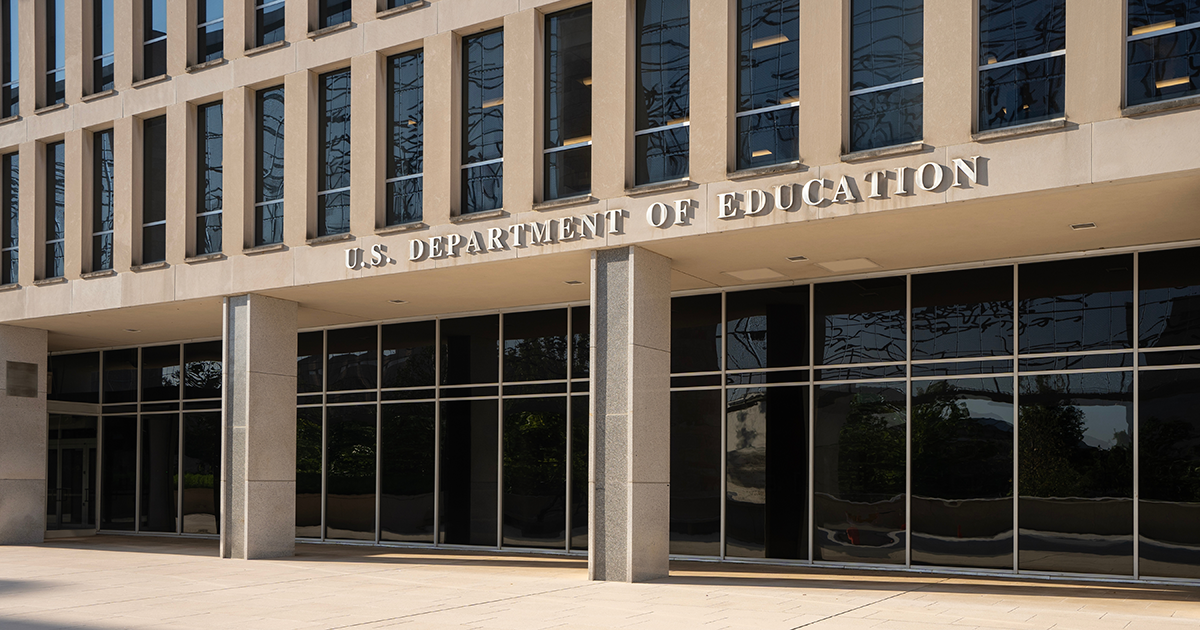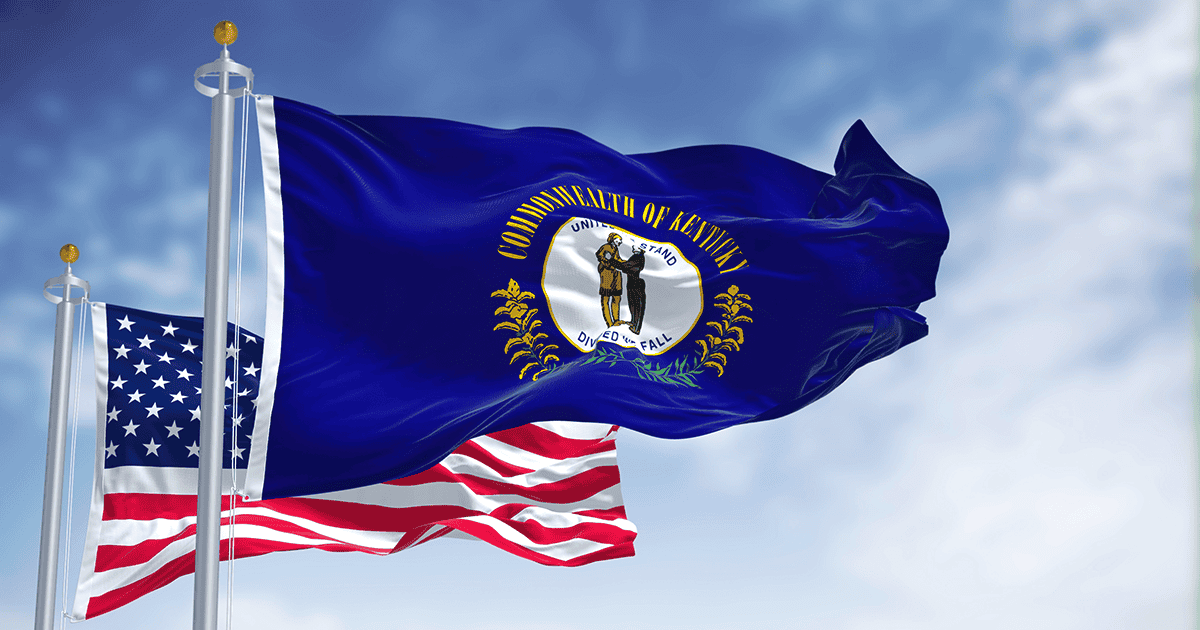Endocannabinoid pathways, part of the endocannabinoid system, have been proposed to affect the underlying pathophysiology of tinnitus. Cannabinoids are a group of chemicals that interact with and bind to receptors in the brain, which can regulate mood, sleep, appetite, and pain.
The endocannabinoid system is a network of cell receptors that respond to chemicals such as tetrahydrocannabinol (THC) among others. This system contributes to central nervous system development, synaptic plasticity, and the response to endogenous and environmental insults (Lu and Mackie, 2016). Dr. Narwani and colleagues evaluated the scope and findings of existing literature on the relationship between cannabis, the cannabinoid pathways, and tinnitus. The authors reviewed animal, clinical, and survey studies investigating the relationship between cannabis and tinnitus. Eight studies were included, ranging in publication from 2007–2017.
Based on the findings of animal studies, the authors concluded that the endocannabinoid system plays a role in the auditory pathway, but the relationship between the cannabinoid receptors and tinnitus is complex and not fully understood. At the time of publication, there was no compelling data either from animal or human studies for the use of cannabinoids to alleviate tinnitus, and in fact, evidence exists that suggests that cannabinoids may induce or worsen tinnitus (Qian and Alyono, 2020).
The authors conclude that high-quality research on the effect of cannabis on tinnitus is lacking, and therefore, evidence can neither support nor refute the use of cannabis in controlling symptoms of tinnitus.
References
Narwani V et al. (2020) Does cannabis alleviate tinnitus? A review of the current literature. Laryngoscope Investig Otolaryngol 5(6):1147–1155.
Qian ZJ, Alyono JC. (2020) An association between marijuana use and tinnitus. Am J Otolaryngol. 41:102314.
Lu H, Mackie K. (2016) An introduction to the endogenous cannabinoid system. Bioll Psychiatry 79(7):516–525.
Recent Posts
Department of Education Comment Period Closes; Academy Submits Formal Comments on Professional Degree Proposal
The public comment period has officially closed on the U.S. Department of Education’s proposed regulations redefining “professional degree programs” for purposes of federal student aid….
Kentucky Legislature Considers Updates to Audiology Scope of Practice
The Academy recently submitted a letter to the Kentucky House Standing Committee on Licensing, Occupations, and Administrative Regulations regarding House Bill 444 (HB 444), legislation…
Vaccination of Older Adults in the United States
In the United States, this time of year tends to coincide with cold and flu season. As such, it seems timely for us to review…


